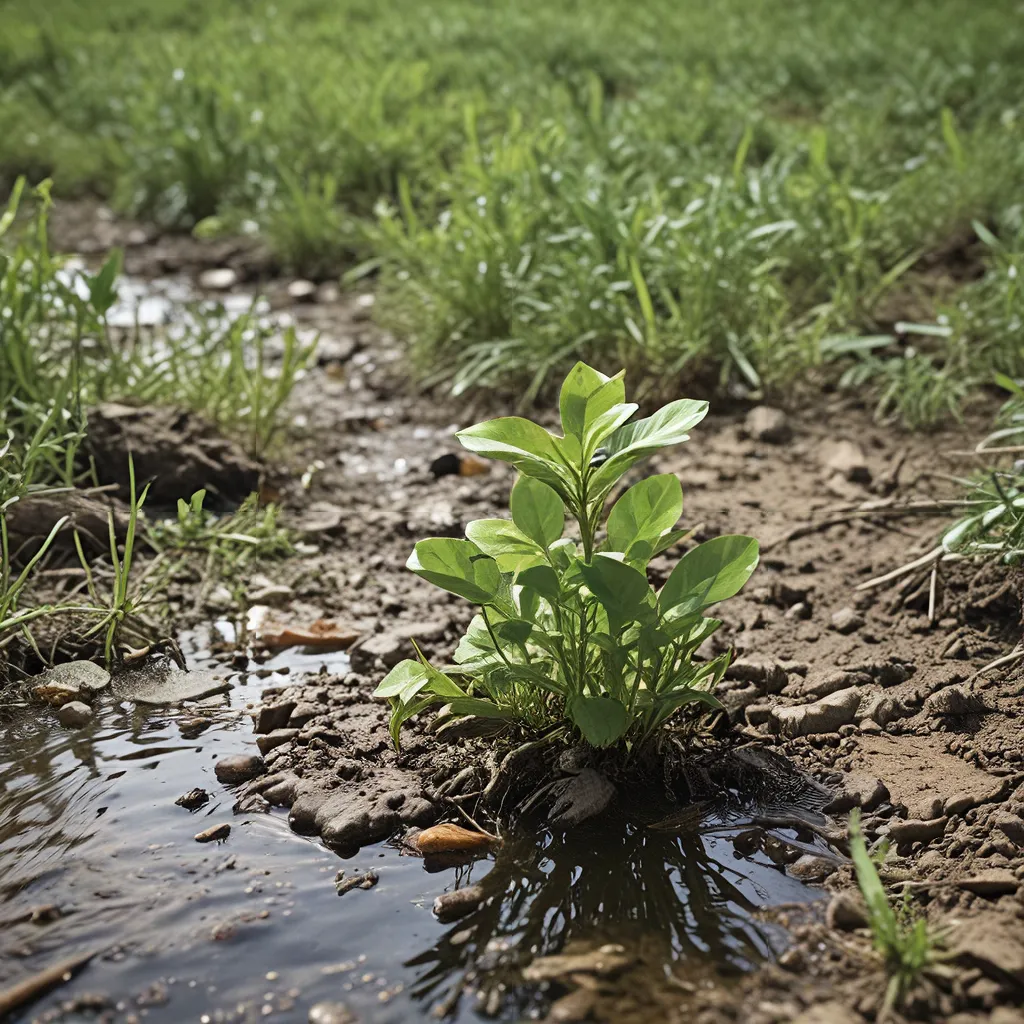
The Trail of Toxic Trails
As I step into the world of environmental compliance, I can’t help but feel a tinge of trepidation. The landscape of regulations and best practices can be as murky as the wastewater it aims to purify. But with a deep breath, I’m ready to dive into this crucial topic – one that holds the key to a brighter, more sustainable future.
You see, I’ve always been fascinated by the delicate balance between human progress and environmental preservation. It’s a dance that requires nimble steps and a keen eye for potential missteps. And when it comes to the management of liquid waste, the stakes couldn’t be higher.
Crystal Clean, a national leader in environmental services, understands this all too well. With over 20 years of experience, they’ve seen the industry evolve, facing new challenges and opportunities head-on. Their expertise lies in navigating the complex web of regulations, ensuring their clients stay one step ahead of the curve.
Navigating the Regulatory Labyrinth
Imagine a maze, where each turn leads to a new set of rules and guidelines. That’s the reality businesses face when it comes to liquid waste management. From the Clean Water Act to the Resource Conservation and Recovery Act, the regulatory landscape is a veritable minefield.
But fear not, for Crystal Clean has mastered the art of environmental compliance. Their team of experts meticulously tracks the ever-evolving regulations, staying ahead of the curve to protect their clients’ interests.
“It’s not just about following the rules,” says Crystal Clean‘s regional manager, Jamie. “It’s about understanding the spirit behind the law and finding innovative ways to exceed compliance standards.”
The PFAS Predicament
One of the most pressing issues in the world of liquid waste management is the rise of per- and polyfluoroalkyl substances (PFAS). These synthetic chemicals, often referred to as “forever chemicals,” have become a growing concern due to their persistence in the environment and potential health risks.
Crystal Clean has taken a proactive approach to this challenge, becoming the exclusive distributor and operator of the 4never solution – a groundbreaking closed-loop PFAS remediation system.
“4never unites the PFAS remediation steps of separation, concentration, transportation, and destruction,” explains Jamie. “It’s a game-changer in the fight against these persistent pollutants.”
Waste Stabilization: The Key to Sustainable Disposal
As businesses grapple with the complexities of liquid waste management, the concept of waste stabilization has emerged as a crucial solution. This process, offered by Crystal Clean, involves converting liquid and semi-solid wastes into a solid form, effectively reducing the environmental impact of landfill disposal.
“Waste stabilization is a game-changer,” says Jamie. “It not only lowers the environmental concerns associated with landfill disposal, but it also opens up the possibility of waste-to-energy programs.”
A Brighter, Sustainable Future
As I delve deeper into the world of environmental compliance, I’m struck by the sense of responsibility that permeates the industry. It’s not just about ticking boxes or meeting regulations – it’s about preserving the delicate balance of our planet, one step at a time.
Crystal Clean‘s commitment to sustainability is evident in every aspect of their operations. From their nationwide network of branches to their focus on innovative solutions like 4never and waste stabilization, they are paving the way for a cleaner, greener future.
“At the end of the day, it’s not just about our bottom line,” Jamie reflects. “It’s about leaving behind a legacy of environmental stewardship – one that will inspire generations to come.”
So, as we navigate the liquid legacies of the past, let’s embrace the promise of a tomorrow where environmental compliance isn’t just a box to be checked, but a guiding light towards a more sustainable world.


